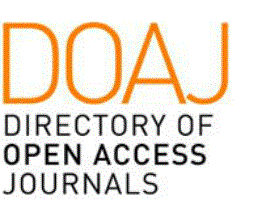Author Country
Venezuela
DOI
10.22191/gobernar/vol1/iss1/5
Document Type
Article
Abstract
The purpose of this study is to trace Hugo Chavez’s transition-towards-Socialism efforts in Venezuela between 1999 and 2008, and by means of discourse analysis. Through combined qualitative and quantitative analyses of a random transcript sample from the ‘Aló Presidente’ Sunday program, the study: 1) analyzes the president's discourses that have to do with production relations, for the purpose of clarifying the trajectory of Hugo Chávez's policies regarding these, and in associated models of production; 2) identifies the discursive strategies employed by Hugo Chávez to legitimize and push forward changes in the very production relations that he promoted. Through the analysis of the presidential discourse, three policy periods were identified, in regards to the socialist transition. It was also found that President Chávez used set of varied discursive strategies, six of which have been registered by the concerning literature. Finally, a strategic progression of discourse was observed throughout the period: the president began with a cautious and inclusive discourse; and as he consolidated himself in the seat of power, he assumed, in an increasingly accelerated manner, a more radical and polarized discourse.
Recommended Citation
Bruni Celli, Josefina and Rodríguez, Javier
(2017)
"El discurso de la transición al socialismo de Hugo Chávez (1999-2008),"
Gobernar: The Journal of Latin American Public Policy and Governance: Vol. 1
:
Iss.
1
, Article 8.
DOI: 10.22191/gobernar/vol1/iss1/5
Available at:
https://orb.binghamton.edu/gobernar/vol1/iss1/8
Included in
Comparative Politics Commons, Education Policy Commons, Latin American Studies Commons, Other Public Affairs, Public Policy and Public Administration Commons, Public Administration Commons, Public Policy Commons



